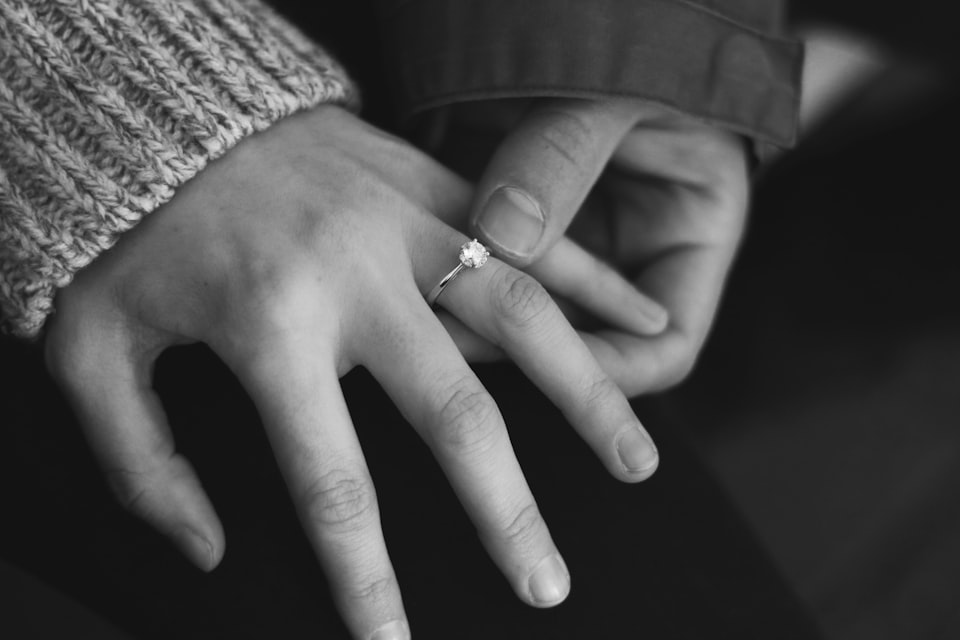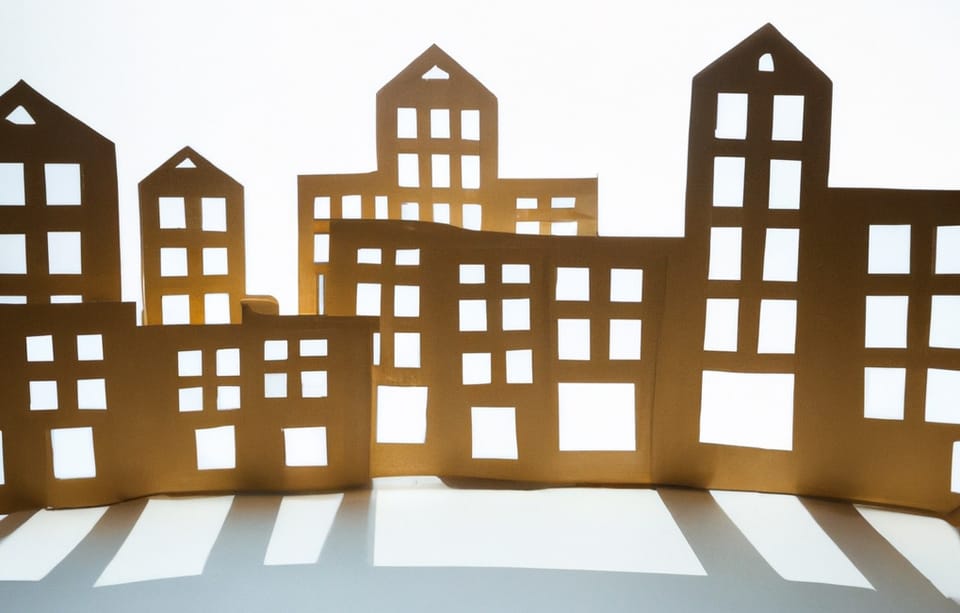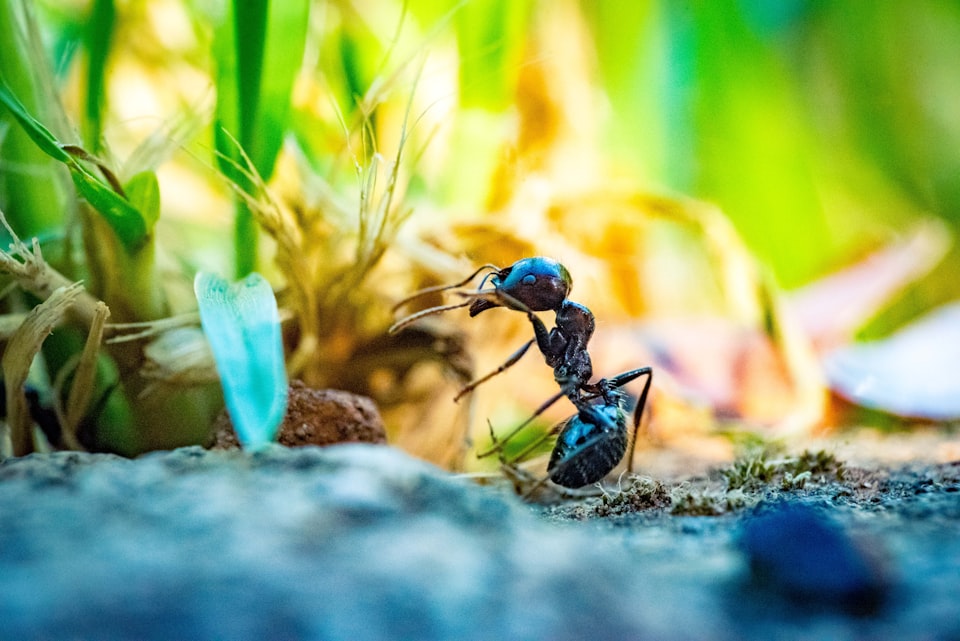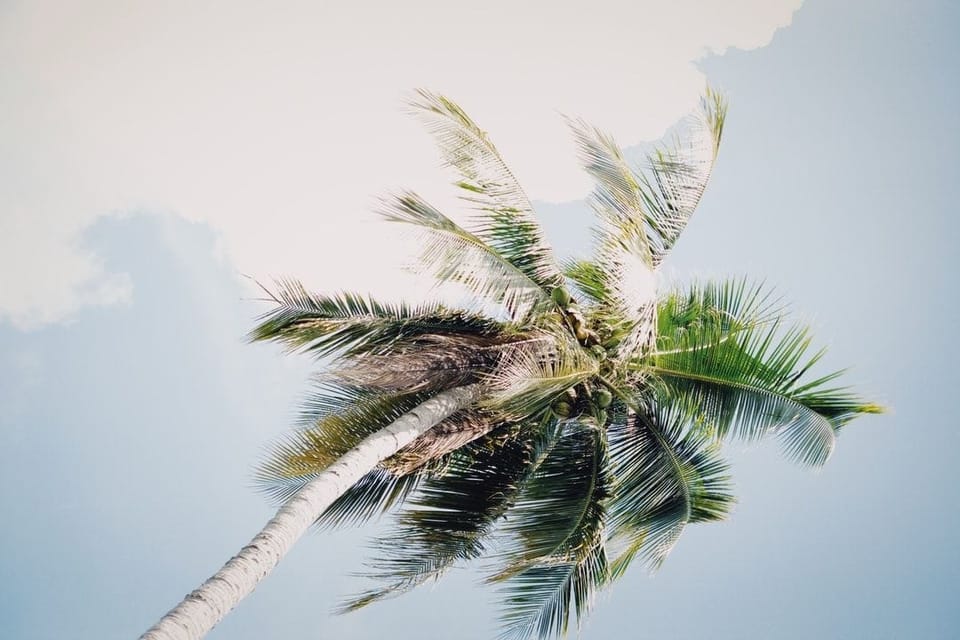Ride the Wave, not the Board
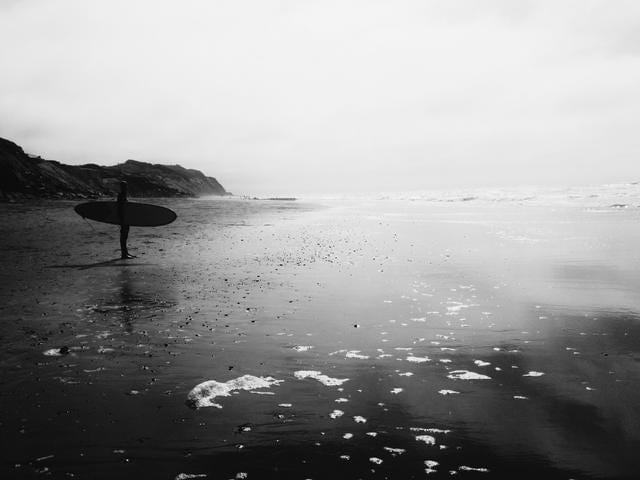
"The main thing you need to realize in order to surf is that you aren't riding a surfboard. The surfboard you can control. Shift your wait to the right, you move right. Shift to the left, you move left. To surf you don't need to ride the board. You need to ride the wave," Derek's brother told him.
When Derek was twelve, his brother Alex died in a car accident. He was walking with some friends along the side of the road and a drunk driver swerved. Alex was killed while a couple of the friends received minor injuries.
Alex made surfboards for locals out of his garage. Iggy and Sick were both friends that helped with some of the construction, but really, they just hung around the garage smoking weed. They didn't make much money off the boards. He usually only asked for a few dollars for materials and gave Iggy and Sick a few bucks for helping. He just loved making the boards and spending time in the surf.
Derek was devastated by his brother's passing. He loved Alex and wanted to be just like him. In order to heal, Derek took over the garage and continued what his brother had started. He developed a great reputation for board design. Alex loved making boards, but loved surfing more. Derek was the opposite. They both loved making wooden boards and used the wood-working tools left from their father before he died.
Unlike Alex, once Derek got good enough, he started charging. Derek called his surfboard brand Alek, a combination of his and his brother's names. Derek had a great deal of success with his surfboard shop. He had customers from all around the area and had a backlog of orders for months. Sick and Iggy helped Derek and even smoked less weed so they could concentrate on production.
When Derek turned twenty, he moved his production to a warehouse space donated to him by a local business owner, Ted Smith. The space wasn't being used anymore and Ted was retiring, so to him, it made perfect sense to donate it to Derek. Ted's granddaughter learned to surf on an Alex board and when Derek took up the business, she owned a couple of his boards as well.
Derek was able to increase production of boards. It was important to him that he not grow too big. He wanted to keep doing all the wooden boards himself, but he had the rest of the production team working solely on polyurethane and epoxy. Demand for Derek's custom wood boards had increased dramatically, which meant he could charge more for them. Alek Boards was profiting, and Derek and his friends were having fun doing something they loved.
After being fully operational in the new warehouse for a few months, Derek got an order for a custom wood board that was pretty unique. The buyer requested an abstract design of waves crashing, breaking the board in two. It was an opportunity for Derek to get really creative, which he loved. It took Derek about two weeks to finalize a design for the board. When he started production, he was laser-focused on the board. Derek took great care in the details of the board. The wave was so well designed that it looked real, while the rest of the design was very abstract.
When Derek finished, he looked at the board as his greatest masterpiece. The board was delivered to the buyer, and Derek went on to his next board, which would not be nearly as artful. The buyer wanted a sun design on the board similar to a sun graphic they pulled off the internet. These weren't as fun for Derek because there was little he could really customize, but it was still important for him to put his own little design twists on it.
A few weeks went by, and Derek took a few days off. It was the anniversary of Alex's death, and Derek wanted to go to the cemetery. When he got there and approached his brother's grave, there was a surfboard standing behind the headstone. Derek recognized the board as the one he had just made with the abstract wave. On the board was a note which simply said, "I'm sorry."

